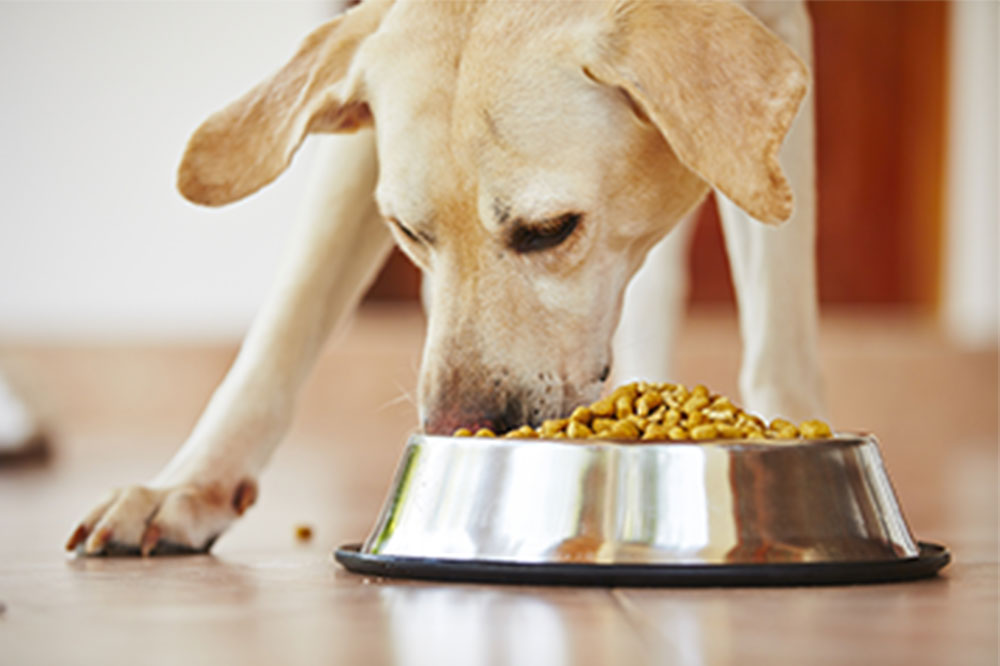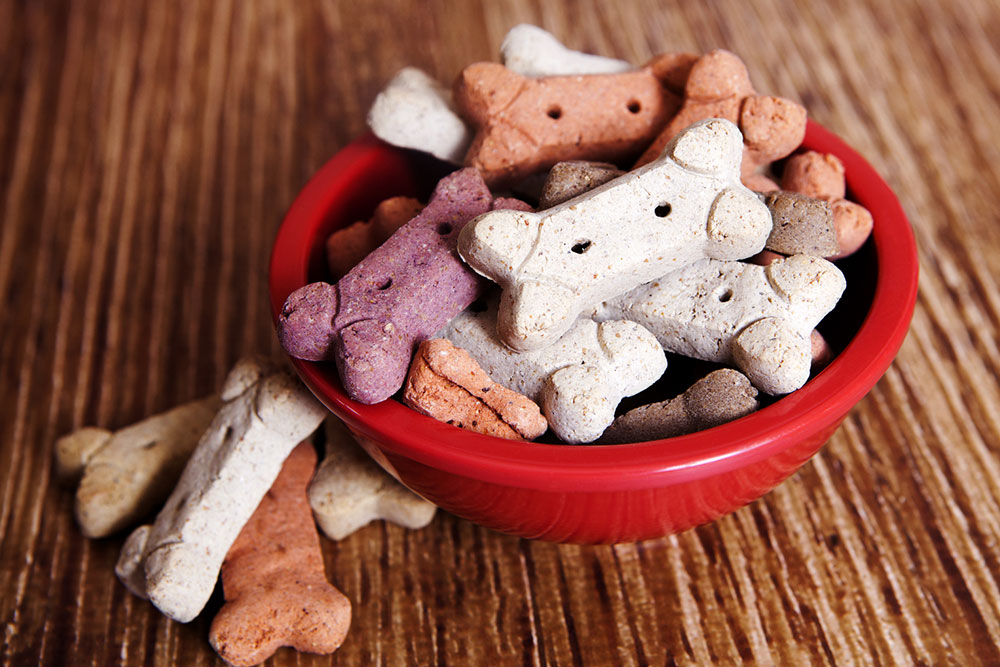Complete Guide to Choosing the Ideal Dog Food for Your Pet
Choosing the right dog food is essential for your pet's health and happiness. This detailed guide highlights key considerations, including understanding your dog's breed, age, and nutritional needs, reviewing labels for quality ingredients, prioritizing freshness, and selecting reputable brands. Tailoring your dog's diet not only supports their growth and immune system but also enhances their overall quality of life. By following expert advice and consulting with veterinarians, pet owners can ensure their four-legged friends enjoy nutritious, balanced, and safe meals every day for a long, healthy life.

Complete Guide to Choosing the Ideal Dog Food for Your Pet
Providing your beloved dog with nutritious, high-quality food is one of the most important responsibilities of a responsible pet owner. The right nutrition not only supports your dog’s growth, but also influences their behavior, immune system, longevity, and overall well-being. With an overwhelming number of brands and product options available in the market, selecting the perfect dog food can often feel daunting. This comprehensive guide aims to simplify the process by sharing essential tips and expert advice to help you make informed decisions and ensure your furry friend receives the best possible diet. Continue reading to discover key insights into choosing the most suitable dog food for your pet’s unique needs.
Understanding Your Dog’s Breed, Size, and Age - Tailoring your dog’s diet begins with understanding their specific breed, size, and age. Different breeds have distinct nutritional requirements; for example, large breeds like German Shepherds need diets that support joint health and prevent obesity, while small breeds such as Chihuahuas often require calorie-dense food to meet their energy demands. Age is equally critical — puppies need nutrient-rich formulas that promote growth, whereas senior dogs benefit from diets that support joint health and maintain weight without excess calories. Overweight dogs require weight management formulas with controlled calorie content, while underweight or active dogs may need higher protein diets to sustain energy and muscle mass. Recognizing these factors helps you choose appropriate, tailored nutrition for your dog’s health and happiness.
Consequently, knowing your dog’s breed, size, and age enables you to select foods optimized for their specific developmental stage and health needs. Consulting with a veterinarian can further refine your choice, especially if your dog has special health concerns or dietary restrictions.
Ensuring Nutritional Completeness and Balance - When selecting dog food, it is essential to verify that the product offers complete and balanced nutrition. The food should meet the standards established by recognized authorities like the Association of American Feed Control Officials (AAFCO). Products that display an AAFCO statement ensure that the food provides all necessary macro and micronutrients vital for your dog’s health. It’s best to avoid foods with artificial preservatives, colors, or fillers that may pose health risks or cause allergies. Instead, look for formulas containing real meat, wholesome grains, and a variety of fruits and vegetables that supply essential vitamins, minerals, and dietary fiber.
Reviewing product labels carefully is crucial. High-quality dog foods typically list high-grade protein ingredients such as ground beef, chicken, lamb, or fish as the primary component. Alongside protein, a healthy diet includes carbohydrates and fibers derived from oats, barley, sweet potatoes, and other wholesome sources. These elements promote a shiny coat, healthy digestion, and overall vitality. Prioritize foods that offer optimal nutrient density, especially if your dog has specific health requirements or is a picky eater.
Prioritizing Freshness and Ingredient Quality - Freshness significantly impacts the nutritional value and palatability of dog food. Many products contain preservatives like BHA or propyl gallate to extend shelf life, but these additives may contribute to health issues such as allergies, obesity, or metabolic disorders over time. Foods with shorter shelf lives or those labeled as fresh or minimally processed often retain higher levels of nutrients, making them a healthier choice. If fresh options are scarce locally, consider subscription-based meal services such as The Farmer’s Dog, Ollie, or PetPlate, which deliver nutritionally balanced, freshly prepared dog meals. These options can improve your dog’s health, coat condition, and overall vitality through better ingredient quality and fewer artificial additives.
Reputable Dog Food Brands to Consider - Choosing a trusted brand can offer peace of mind regarding product quality and safety. Several reputable companies are renowned for their commitment to quality ingredients, transparency, and research-backed formulations. Among the top brands are:
Hill’s Science Diet: Known for its scientifically formulated recipes that cater to specific health needs like digestion, weight management, and skin health.
Royal Canin: Offers breed-specific and condition-specific formulas developed by veterinary nutritionists.
ORIJEN: Focuses on high-protein, biologically appropriate diets made with fresh, regional ingredients.
Purina: Provides a wide range of products with responsibly sourced ingredients, including options tailored for sensitivities and special health conditions.
Taste of the Wild: Affordable yet high-quality, offering grain-free formulas packed with antioxidants and natural ingredients.
Blue Buffalo: Features a variety of lines catering to puppies, adults, and large breeds, emphasizing natural ingredients and added vitamins.
Wellness Pet Food: Specializes in foods for small and large breeds, including both wet and dry options, with focus on holistic nutrition.
Ultimately, selecting the right dog food involves considering your pet’s specific health status, preferences, and lifestyle. Consulting your veterinarian and paying attention to ingredient quality can help you make the best choice for your furry friend’s health and happiness. Remember, a well-fed dog is a happy, healthy, and lively companion.




